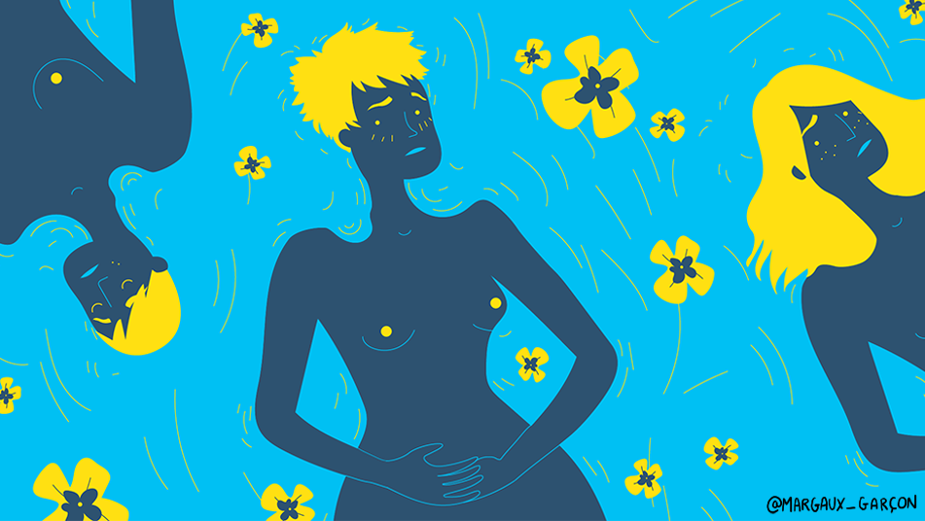
The Retouching Dilemma

Ever since Dove launched its famous ‘Campaign for Real Beauty’ in 2004, we’ve all acted like we’ve evolved past the retouching issue. That was the industry’s turning point, our big revolution where we overthrew the picture perfect advertising world and put the people, the real people, back into the equation.
It was brave, it was new and it felt like we were moving towards a more honest and healthy way of communicating. It was meant to be a line in the sand and a point of no return.
But like every trend in our industry, we got bored of it. Fast. Jump forward 17 years later and if anything, thanks to technological advances, it’s gotten worse.
Sure we have our ‘diversity’ casting, our ‘plus-size’ models and our ‘real people’ stories to front the idea that we’ve made progress. But at the end of the day, we may have left the cookie-cutter advertising world of the 1950s behind, but we’ve never managed to remove the superficial and unrealistic expectations that the images we create put on the people we communicate to.
No matter what we tell ourselves, we are no longer selling an aspirational ideal but a completely fictitious and harmful one. Retouching people has become such second nature that we don’t ever stop to consider why we are doing it in the first place, let alone the consequences of the action.
What is it about reality that is so repulsive we spend so much time and money to distort it? When did retouching become an automatic response and not a choice?
We need to start questioning every single image we manipulate. Why does a sports champion need perfect skin? What is so offensive about seeing texture and marks and ‘fat’ rolls?
On a subconscious level we’ve forgotten what being human actually looks like. Digitally manipulated images have overridden our in-built logic and convince us to choose the impossible, over what we know to be true.
Because when it comes down to it, that’s the real problem with retouching… we’ve gotten too good at it. We only become aware of it when a huge mistake is made. When a model is missing one of her legs or the background has been morphed. We do not realise that their arms have been thinned, that their pores have been reduced, that their veins have been removed. And it’s distorting more than just our perception.
Low body image has become a given in everyday life. Even the most confident person can’t win against a barrage of over 10,000 images featuring unattainable standards every single day.
Combine this with the airbrushed mass media and heavily filtered social media and it is no surprise that in the past 25 years, rates of anxiety have increased by 70% amongst young people according to a recent study by the RSPH.
It is irresponsible of us to pretend these things aren’t connected. And even more irresponsible to believe we can’t do anything to change it.
On the rare occasion that we do show ‘reality’, there is a pre-approved spectrum of what is acceptable. Five pimples are ok, but not ten. Wrinkles are OK, but only if the model is beautiful. Having a larger body type is OK, as long as they have a flat stomach. These are unspoken standards we need to question and change. Even social media giants like Facebook and Instagram do not allow sponsored posts that show these signs of reality, yet happily allow us to promote unhealthily thin and heavily retouched people.
In this industry we get to decide what is considered ‘acceptable’. Sometimes we use that power for good and normalise things that help society progress. Sometimes we support the LGBTQ community, we show the real side of motherhood and we talk about gender equality.
But mostly and - even worse - accidentally, we set completely unrealistic standards that are literally impossible for people to obtain. And then we call it a day and go home like there are no repercussions.
Like we aren’t partly responsible for the global depression epidemic.
Like we haven’t helped to make reality an repulsive ideal.
Like us retouching every single image doesn’t result in millions of people hating their bodies.
Together, we need to unlearn this unconscious desire to make everything “perfect” and start to question what are we really retouching?













